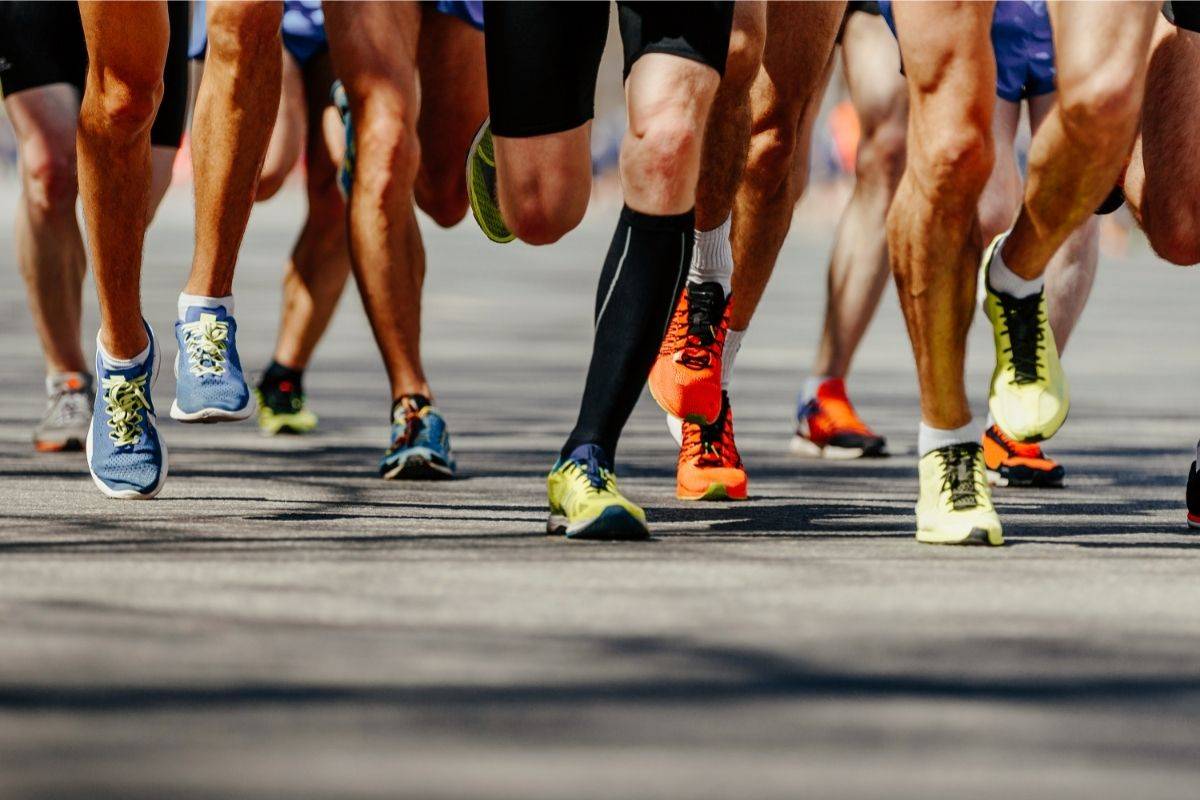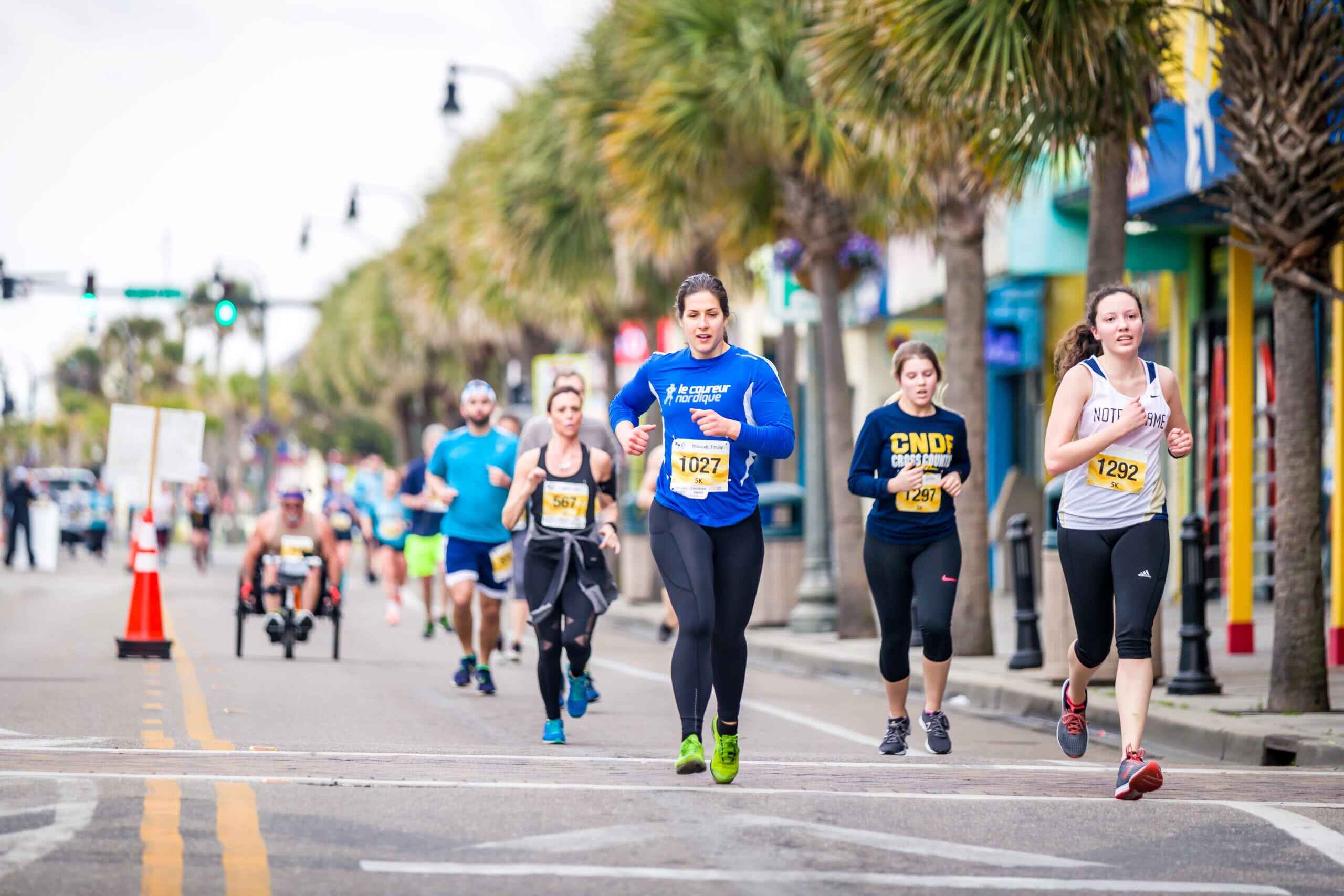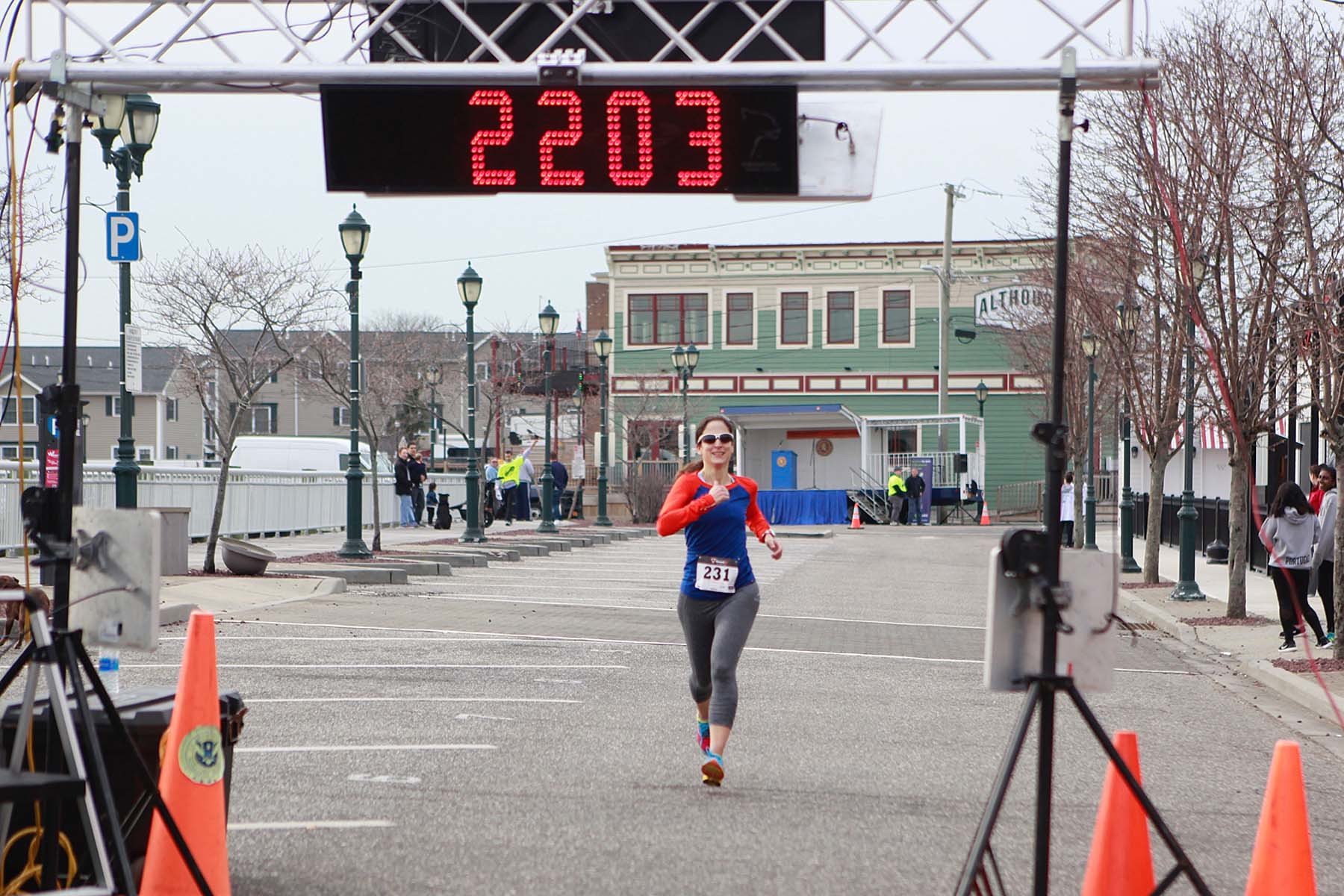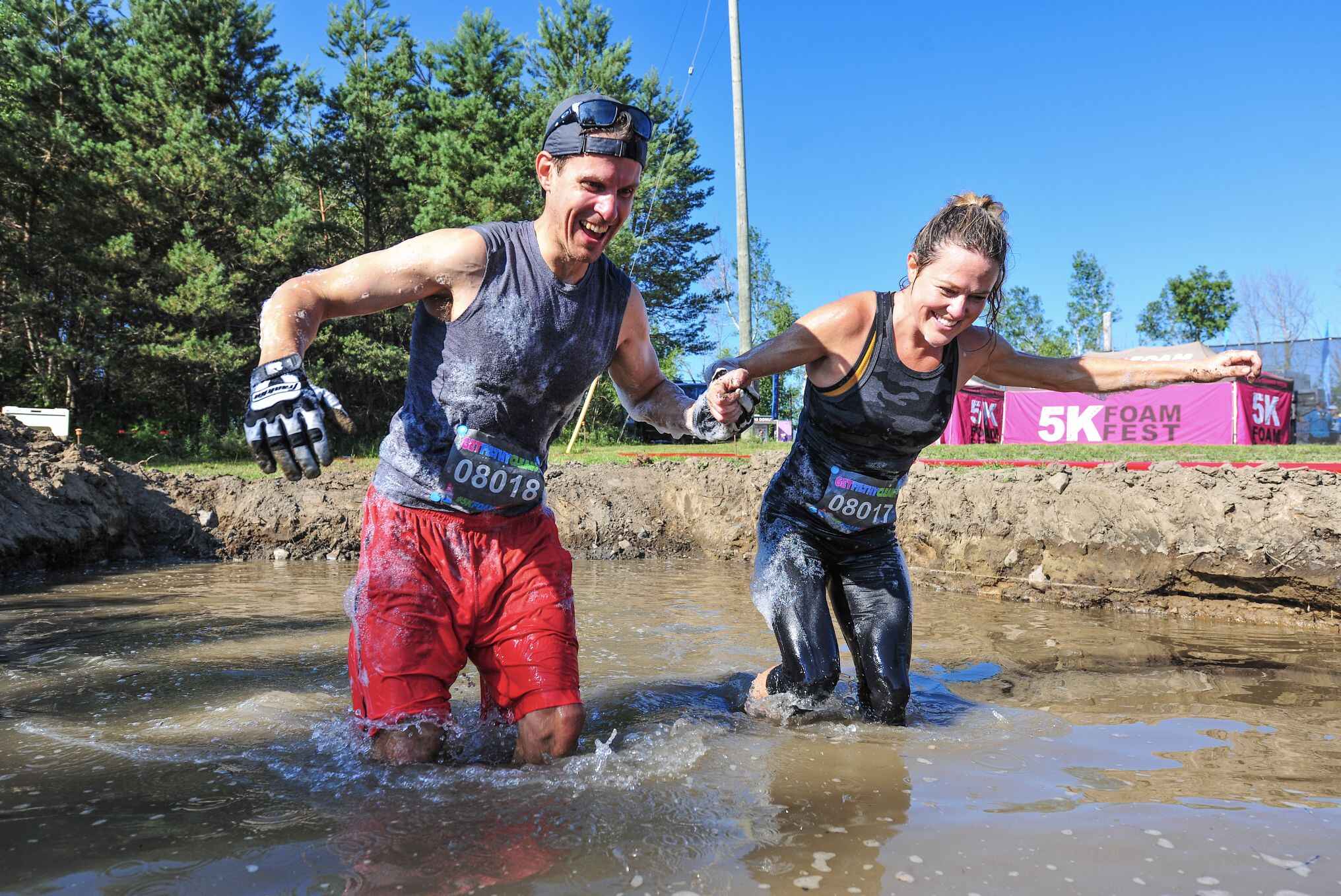Home>Running Events>Marathon>The 5K Challenge: Understanding What Constitutes a Respectable Time


Marathon
The 5K Challenge: Understanding What Constitutes a Respectable Time
Modified: January 2, 2024
Understand what constitutes a respectable time in a 5K challenge with this informative guide. Whether you're a beginner or a seasoned runner, this guide will help you understand what it takes to achieve a respectable time in a 5K race.
Running is more than just a sport or a hobby for many people; it’s a lifestyle that promotes endurance, stamina, discipline, and an overall sense of well-being. Of the many distances that runners often train for, the 5K run holds a special place in the heart of the running community. Whether you’re a novice or a seasoned pro, the question often asked is, “What is a respectable 5K time?” This article aims to shed some light on this intriguing question and provide some insights on how you can improve your 5K performance.
The 5K Run: A Quick Overview
A 5K run, equivalent to approximately 3.1 miles, is an ideal distance for both beginner and advanced runners. For novices, it’s a manageable challenge that can serve as a stepping stone to longer distances. For seasoned athletes, it’s a perfect distance to gauge speed, endurance, and running strategy.
Understanding “Respectable” in the Context of a 5K Run
When discussing “respectable” times, it’s important to note that this concept is highly subjective and can vary greatly depending on one’s running history, age, gender, and fitness level. While elite runners might consider a 5K time of under 15 minutes for men and under 17 minutes for women to be respectable, recreational runners might view finishing under 25 or 30 minutes as a notable accomplishment.
Factors Influencing 5K Times
Several factors can significantly influence 5K times. Understanding these can help you set realistic goals and improve your performance:
- Age and Gender: Typically, younger individuals and males tend to have faster 5K times. Age-graded running tables, developed by the World Association of Veteran Athletes, provide a way to adjust race times based on age and gender.
- Training: Consistent training that incorporates a mix of long runs, speed work, and recovery runs is key to improving your 5K time.
- Experience: As you gain more running experience, your body becomes more efficient at maintaining speed over longer distances, potentially leading to improved 5K times.
- Physiology: Individual physiological factors, such as VO2 max (the maximum amount of oxygen one can use during intense exercise), lactate threshold, and running economy, can also impact your 5K time.
How to Improve Your 5K Time
If you’re aiming to improve your 5K time, consider the following strategies:
- Follow a Training Plan: Having a structured plan that incorporates different types of workouts can help optimize your training.
- Do Interval Training: Interval workouts, where you alternate between high-intensity running and recovery periods, can enhance your speed and aerobic capacity.
- Strength Train: Regular strength training, particularly targeting the core and lower body, can improve your running economy.
- Focus on Nutrition: Proper nutrition can fuel your workouts and aid recovery. Consider consulting a sports dietitian for personalized advice.
- Get Adequate Rest: Rest is critical for muscle recovery and injury prevention. Make sure you’re getting enough sleep and incorporating rest days into your training schedule.
Final Word
In conclusion, a “respectable” 5K time is highly individual and can depend on a range of factors. The key to improving your time lies in a balanced combination of consistent training, proper nutrition, and sufficient rest.
FAQs
What is considered a good 5K time for beginners?
For beginners, a 5K time of 30 to 40 minutes is often considered a good starting point. However, the most important thing is to set personal goals and focus on gradual improvement.
How does age affect 5K times?
Typically, younger runners tend to have faster 5K times. However, with proper training, older runners can still achieve impressive times. Age-graded running tables can help provide a fair comparison of 5K times across different age groups.
How can I improve my 5K time?
Improving your 5K time can be achieved through consistent training (including a mix of long runs, speed work, and recovery runs), regular strength training, proper nutrition, and adequate rest.
What is the world record for the fastest 5K?
As of the time of writing, the world record for the fastest 5K run is 12 minutes 35.36 seconds for men (held by Joshua Cheptegei) and 14 minutes 43 seconds for women (held by Letesenbet Gidey).
How often should I run 5Ks if I want to improve my time?
If you’re aiming to improve your time, it can be beneficial to run a timed 5K every 4-6 weeks. This allows you to gauge your progress and adjust your training plan as necessary. However, the frequency can vary based on individual goals and fitness levels.









